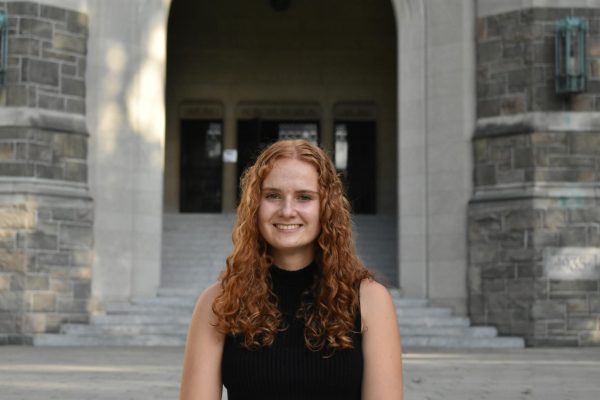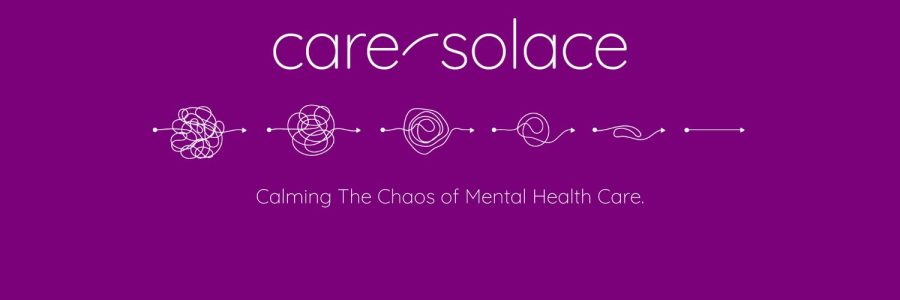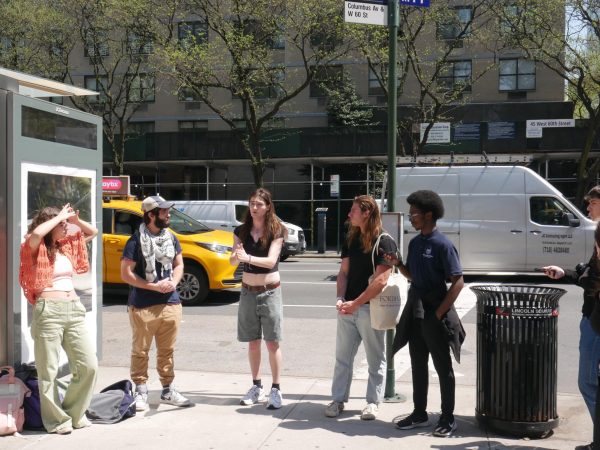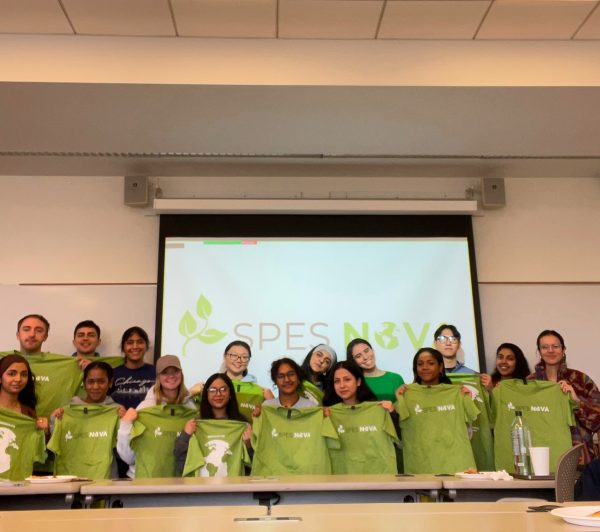Fordham’s CPS Partners with Mental Health Service, Care Solace
Fordham’s Counseling and Psychological Services (CPS) recently partnered with mental health service, Care Solace. This service is a referral and care coordination program that CPS hopes will add to the resources they already provide to students.
In an email sent to the Fordham community by CPS, they announced that this partnership is a “response to the increasing demand for and utilization of mental health services.”
“We started working on this partnership towards the end of the fall semester and officially launched it about two weeks ago,” said Dr. Jeffrey Ng, director of CPS.
Care Solace is a service that specifically works with schools and universities. According to their website, one of Care Solace’s goals is to lift “the heavy burden of mental health care coordination for school systems.” Care Solace describes the services they provide to higher institutions in three different phases.
They first provide support to school staff to make sure that students are getting paired with services in the community while giving the university quick student status updates. Secondly, Care Solace makes sure that students and staff have accessibility to their “Care Companions.”
The Care Companions are a team of individuals who work with staff and families to reduce the barriers that stop people from receiving mental health services. Lastly, Care Solace is able to make a placement specialized for the patient.
Care Solace claims to provide service to students in 200+ languages and take aspects of student’s history into account when partnering students with care.
Care Solace can place students in specific care programs that include “LGTBQI+, sexual violence and trauma and faith-based support.”
CPS sought out the Care Solace partnership to address the rising amount of students seeking out counseling and psychological services. This partnership aims to help students receive help faster.
“The primary inspiration [for the partnership] was addressing the increasing number of students seeking and utilizing mental health services in the past 5-6 years and, in particular, during the current academic year,” said Ng.
In the past, students have reported issues in getting access to counseling services through CPS.
Many students noted that they experienced wait times of up to a month to see counselors. Additionally, other students reported that counselors seemed swamped with patients and had difficult times recalling specific things about individual students.
In addition to being able to give students help faster, this partnership hopes to help CPS better address the needs of students.
“We are hoping that our partnership with Care Solace will expand the mental health treatment and service options for students and to decrease the barriers for accessing those options,” said Ng.
The director of CPS noted that this partnership will help CPS because it will allow them to address all of these concerns. According to Ng, CPS hopes that Care Solace will complement their existing services, especially in areas that they currently don’t have copious amounts of resources to address.
Ng stated that Care Solace will be helpful when “CPS has reached its clinical capacity during peak utilization periods, [or] a student’s clinical needs exceed the scope of CPS’s services, including when more intensive or specialized care is required. [The Care Solace partnership will also be helpful when] a student prefers or requests an off-campus provider, [or when] a student is seeking a provider for someone in their family or household.”
Studies have shown that having robust mental health services on college campuses is essential for student life and wellbeing.
Universities that invest in student mental health services have seen improvements in academic performance and increases in retention rates.
Additionally, support for students while in the stressful environment in college helps improve student happiness and prevents suicide. The COVID-19 pandemic has also amplified mental health issues and increased the need for mental health services. Nearly 61% of teenagers noted that the pandemic made them feel more lonely, which can have serious impacts on general mental wellbeing.
According to Ng, CPS’s partnership with Care Solace is still currently in its pilot phases. Ng said that depending on the feedback they receive from students and the Fordham community, CPS will seek out a long-term agreement.
Students who are looking to seek help through Fordham’s partnership can find services through Care Solace’s Fordham-specific webpage. Students who want to find mental health services anonymously from Care Solace can also find information online, in a different location.

Isabel Danzis is a senior from Bethesda, Md. She is double majoring in journalism and digital technologies and emerging media. The Ram has been a very...












































































































































































































No • Jun 20, 2022 at 7:40 pm
Fordham connected me w/ care solace instead of just giving me alternate providers. It’s been 2 weeks and care solace has made 2 suggestions, neither of which take my insurance, which they have on file. Does not surprise me that Fordham managed to find a service as useless as they are.